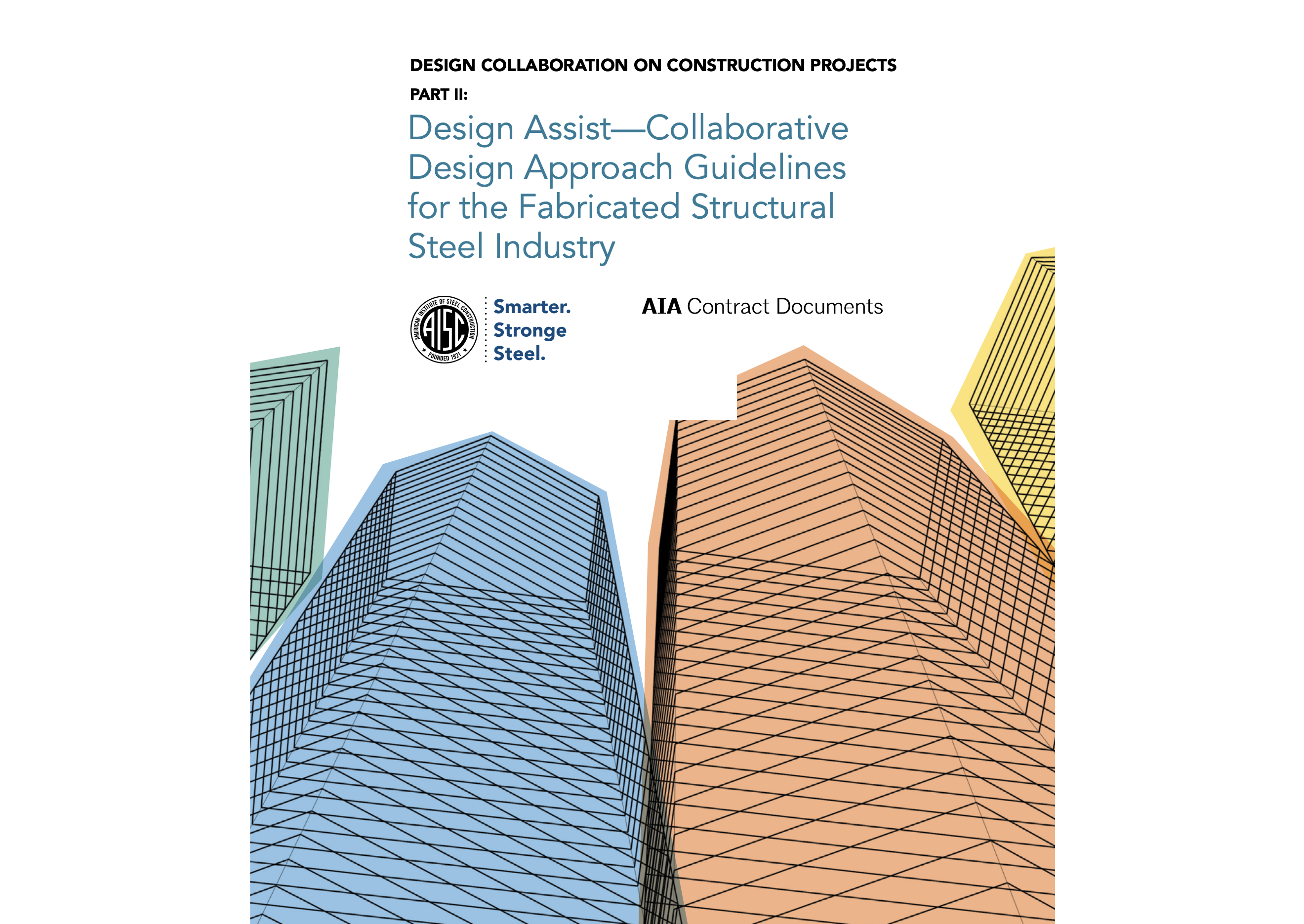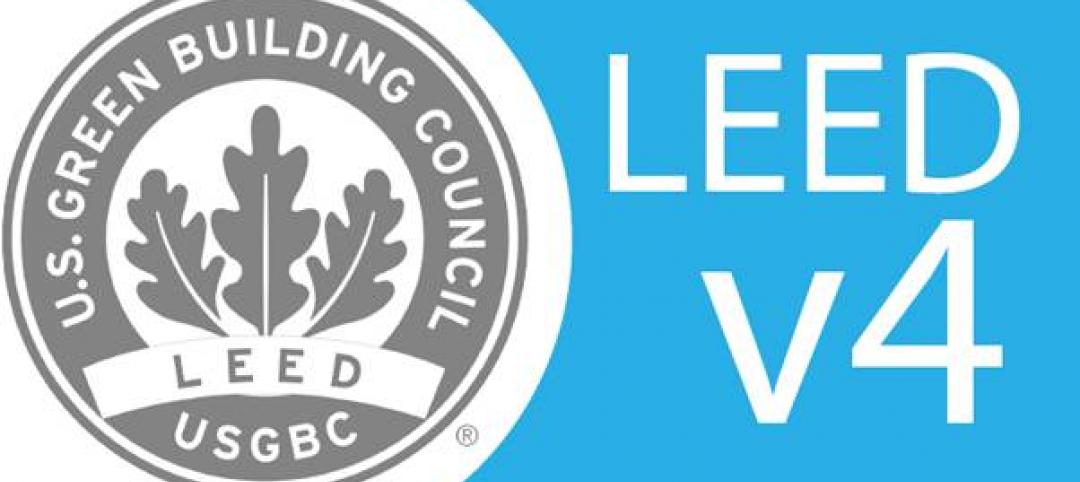The American Institute of Steel Construction and AIA Contract Documents have released the second part of a document intended to provide guidance for three common collaboration strategies.
The document, Design Assist: Collaborative Design Approach Guidelines for the Fabricated Structural Steel Industry, is a follow-up to part one, Delegated Design, Design Assist, and Informal Involvement: What does it all mean?
The strategies covered are informal involvement, design assist, and delegated design. Part II focuses on the implementation of design assist in the fabricated structural steel industry. The document describes the roles and responsibilities of various project participants and provides general guidelines about applying those strategies to fabricated structural steel projects.
“Great teams drive great projects—and great teams rely on clear communication,” said Babette Freund, vice president of special projects, Dave Steel Company, Inc., and chair of AISC’s Code of Standard Practice Committee. “This paper aims to help project teams use design assist strategies to meet a defined project schedule and budget while minimizing the costs and disruptions that might arise from team misalignments.”
How AISC defines design assist for the structural steel industry
According to the guidelines, design assist is, "A form of collaboration where a structural steel fabricator and/or erector (or a fabricator/erector team under one contract, depending on project circumstances) provides information under a contract with the owner or other party as designated by the owner, to assist a structural engineer of record (SER) and other designated members of the design assist team with the design of the structural steel for buildings or building-like structures."
Related Stories
| Nov 14, 2014
Army net-zero initiative moving past pilot stage
The U.S Army's ambitious net-zero initiative has had several successful pilot trials, and planners are prepared to expand the nine-part demonstration field to scores of other Army facilities.
| Nov 14, 2014
Former U.S. Treasury Secretary Paulson works to upgrade China’s building codes
Former U.S. Treasury Secretary Hank Paulson is today focused on making new construction in China more energy efficient by working with leaders to upgrade building codes.
| Nov 14, 2014
California aims for 20% reduction in water consumption by 2020
California’s comprehensive new water use plan makes conservation a priority, reinforcing a 2009 plan to reduce statewide per capita water consumption by 20% by 2020.
| Nov 6, 2014
Demountable structural steel could up the ante on sustainability
Demountable structural steel assemblies would be a greener way to make use of steel in the construction industry than recycling.
K-12 Schools | Nov 6, 2014
New Sandy Hook school features could influence security standards
The design of the new Sandy Hook Elementary School on the site of the 2012 Newtown, Conn., school shooting features enhanced security measures—some subtle and others more prominent.
| Nov 6, 2014
OSHA seeking input on electrical standards
The Occupational Safety and Health Administration (OSHA) is reviewing electrical standards for the construction industry to make sure proper safeguards are in place as electrical wiring is being installed and maintained.
Smart Buildings | Oct 30, 2014
Energy Department pledges $9 million for energy efficiency improvements on commercial buildings
The U.S. Dept. of Energy will spend $9 million to encourage investments in energy-saving technologies that can be tested and deployed in offices, shops, restaurants, hospitals, hotels and other types of commercial buildings.
| Oct 30, 2014
Steel Framing Industry Association’s certification program aims to ensure connector quality
The Steel Framing Industry Association has launched a certification program to ensure that cold-formed steel connectors meet quality guidelines, building codes, and ASTM standards.
| Oct 30, 2014
American Concrete Institute releases reorganized structural concrete code requirements
The reorganized document is organized from an engineer’s perspective. The requirements flow more intuitively and have fewer cross-references for improved logic and flow of information.
| Oct 30, 2014
USGBC pushes back LEED v4 deadline
Extending the deadline gives LEED users additional time to prepare for LEED v4, the latest version of LEED, which features increased rigor and multiple updates.












